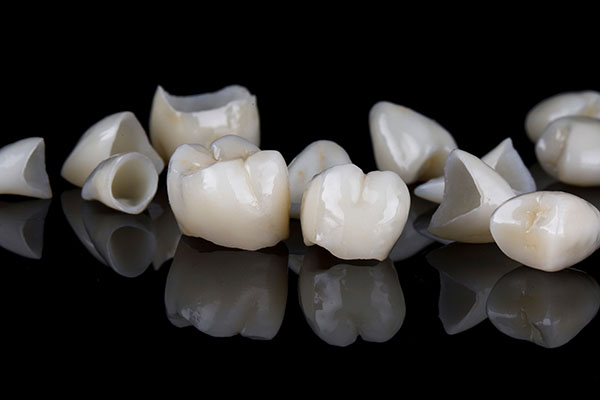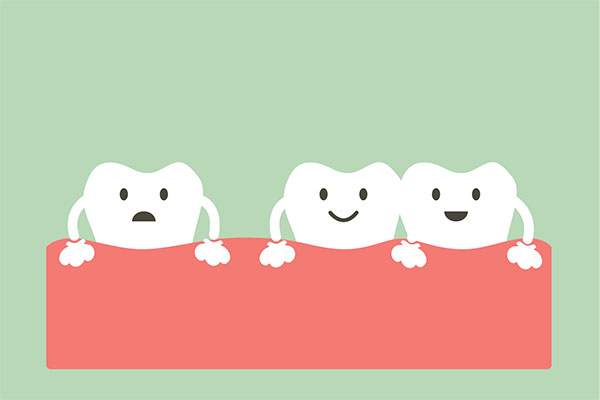 A dental crown and veneers are common dental treatments for restoring the appearance and functionality of your teeth. They can be used to restore damaged teeth and achieve a perfect smile depending on your dental condition. Although both dental crowns and veneers are useful tooth restoration options, the purpose, structure, and functionality of each differ.
A dental crown and veneers are common dental treatments for restoring the appearance and functionality of your teeth. They can be used to restore damaged teeth and achieve a perfect smile depending on your dental condition. Although both dental crowns and veneers are useful tooth restoration options, the purpose, structure, and functionality of each differ.
An overview of dental crowns
A dental crown's primary function is to shield a damaged tooth. Crowns are often used when teeth are severely decayed or after a root canal procedure, when teeth cannot handle dental functions in the long term. The structure of the original tooth is filed down before the crown is cemented over the tooth.
Dental crowns may be made from different materials, but most dentists only use porcelain dental crowns. Dental restorations will be hard to distinguish because they are color-matched to your real teeth. The result is not only a better-looking smile but also better oral health and improved dental functions.
An overview of dental veneers
Dental veneers, unlike dental crowns, replace only a part of the natural tooth. Their purpose is to enhance the appearance of teeth that are broken, discolored, or misshapen. Veneers are also effective for improving the aesthetics of healthy teeth.
Dental veneers are thin porcelain materials that are molded and polished to match the color and texture of the natural teeth and bonded with resin cement. To bind the veneers to the teeth, the dentist will remove a thin layer of the natural enamel. They are affixed to the front of the teeth, which are visible when smiling. The veneers would be indistinguishable from the natural teeth when completed, giving you a simple fix for a better smile.
The differences
The dentist will assess the current condition of the teeth and the degree of repair required to achieve an aesthetically appealing outcome when determining which dental treatment is right for you. Dental crowns and veneers both enhance the beauty of the smile and can last a lifetime if well cared for and maintained.
Unlike dental crowns, veneers are mostly considered for aesthetic purposes because they cannot patch cavities, lost or fractured teeth, but they can heal holes and chips and close gaps between teeth that are unsightly. Dental crowns are usually needed for full tooth restoration.
Getting a good overview of the options is crucial to making the best decision. The decision becomes clearer after that. Patients who are considering these two restorations as part of their dental restoration plan need to know that they are excellent smile restoration choices. Understanding the distinctions between a crown and a veneer will assist you in deciding which solution is best for you.
The bottom line
Dental crowns are often used to keep teeth from breaking and requiring removal, whereas veneers are commonly used to correct cosmetic problems. If you are interested in learning more about a dental crown or veneer, please contact the dental office to arrange a consultation.
Request an appointment or call R. David Brumbaugh, DDS at 214-306-4402 for an appointment in our Dallas office.
Related Posts
Dental crowns are durable and effective for restoring damaged or weakened teeth. They improve the tooth's structure and function while also enhancing your smile's appearance. However, proper maintenance can extend their lifespan and ensure long-term oral health. With the right care, these restorations can last several years, providing a reliable and aesthetically pleasing restoration.A consistent…
Dentists use dental crowns to preserve the integrity of the remaining natural dental structure. There are cases when cavities keep getting worse. Lack of routine dental checkups and poor dental care can lead to deeper cavities. This often leads to larger fillings with each dental check. If you want to know how dental crowns can…
Curious about whether you need a dental crown after a root canal? Read on to learn more. Many patients believe that a root canal is a painful procedure and therefore avoid it. In cases of seriously damaged or infected teeth, root canals are the last resort to prevent an extraction. After the root canal treatment,…


